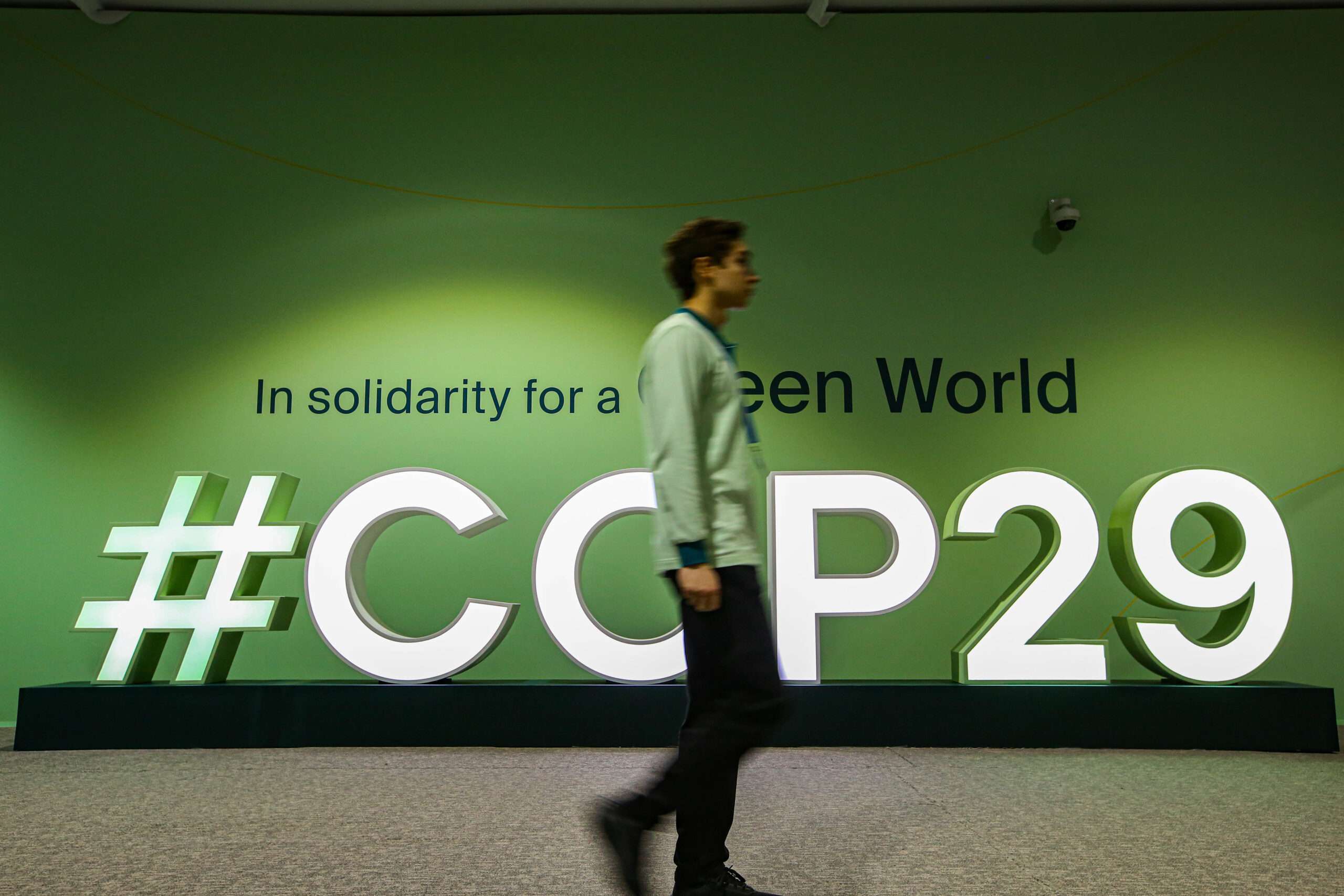Trump’s Approach to Climate Change Policy
The climate landscape is undergoing significant shifts as Donald Trump’s election as president coincides with the commencement of the United Nations’ 29th annual Climate Change Conference (COP29) in Baku, Azerbaijan. This meeting is prominently focused on climate finance, an issue that has consistently been a primary agenda for developing nations seeking financial support from wealthier countries to combat climate change. At COP29, delegates from nearly 200 nations are attempting to establish a New Collective Quantified Goal for climate finance, with poor nations advocating for a substantial increase in funding from $100 billion to an ambitious $1 trillion annually. This funding is intended to facilitate their transition to non-fossil fuel energy sources and to mitigate the adverse effects of climate change. However, the incoming Trump administration’s stance indicates a likely withdrawal from such financial commitments, reminiscent of his prior actions in 2017 when he withdrew the U.S. from the Paris Climate Change Agreement.
The Paris Agreement aims to limit global temperature rise to well below 2 degrees Celsius compared to pre-industrial levels, striving for 1.5 degrees. In the run-up to COP29, a series of urgent reports underscored the grim reality of worsening climate trends, highlighting a staggering increase in greenhouse gas emissions from 48.8 gigatons in 2015 to an all-time high of 52.9 gigatons in 2023. The concentration of carbon dioxide in the atmosphere has risen notably to 420 parts per million, a stark increase from 399 ppm in 2015 and significantly higher than the pre-industrial average of 280 ppm. With predictions that 2024 will be the hottest year on record, climatological assessments paint a dire picture of the planet’s climatic future, suggesting that upcoming years will breach critical temperature thresholds.
Despite the bleak global perspective on climate change, the United States has seen a decline in its greenhouse gas emissions, now 18 percent lower than in 2005, coinciding with significant economic growth. Under existing federal and state policies, projections indicate that U.S. emissions could drop by 32 to 43 percent by 2030 relative to 2005 figures. Independent studies, such as the one by DNV, anticipate a peak in global greenhouse emissions from energy production by 2024, followed by a projected reduction of nearly 50 percent by 2050; however, this trajectory falls short of what the Paris Agreement mandates. The report forecasts a potential 2.2 degrees Celsius increase in temperature by the century’s end, a far cry from the targets set by international accords.
While Trump has advocated for increased fossil fuel usage and has hinted at a decrease of climate finance under the Inflation Reduction Act, current trends suggest that U.S. emissions are unlikely to rise significantly, remaining stable instead. Political considerations play a role, as reducing funding for the IRA may not sit well with constituents in Republican-leaning districts who benefit from its subsidies and tax credits. As such, the implications of the new administration’s climate agenda could be tempered by domestic political realities, even as it strays from international commitments.
In the arena of international diplomacy, signatories to the Paris Agreement are expected to present their Nationally Determined Contributions (NDCs) reflecting their climate action plans for the next decade. The Biden administration proposed a significant reduction of U.S. greenhouse gas emissions by 50 to 52 percent from 2005 levels by 2030. In contrast, a potential Harris administration might have aimed for a more ambitious target of 65 percent by 2035. However, with Trump at the helm, there is a growing expectation that the United States will retract from such ambitious pledges, further complicating international efforts for collective climate action.
The first day of COP29 promises to be reshaped by the emerging narratives and political dynamics instigated by Trump’s presidency. The absence of a commitment to substantial climate finance and an apparent rollback of emission reduction targets raises concerns about the effectiveness of international agreements aimed at mitigating climate change. As nearly 200 nations convene in Baku to address these pressing issues, the implications of the shifting U.S. climate policy will undoubtedly reverberate through the discussions on how to mobilize financial resources and foster collaborative approaches to environmental crises in the years to come. The stakes remain high, as the collective response—or lack thereof—to climate change continues to be defined by political will, economic interests, and mounting scientific evidence of the escalating climate crisis.
Share this content:












Post Comment